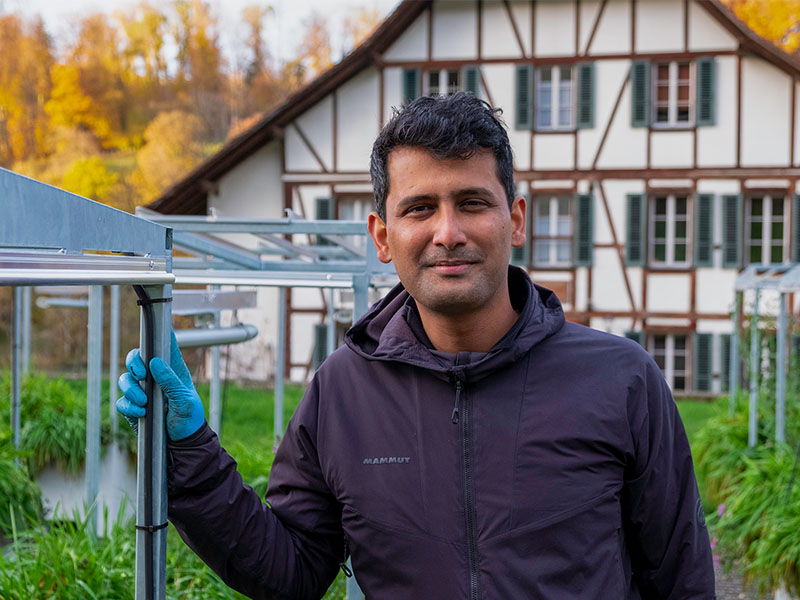Biological invasions
Global study reveals tempo of invasive species‘ impacts
An international study shows: Biological invasions change ecosystems differently. While the loss of native plant diversity continues and increases, other effects such as soil changes diminish over time.

“This study bridges a major gap between predicting invasion success and predicting invasion impact,” says Prof. Madhav P. Thakur who led the study, recently published in Science.
The Bern-led study shows for the first time that biological invasions don’t change ecosystems in a single, uniform way. Some impacts, most notably losses of native plant diversity caused by invasive plant species, are persistent and intensify with time, while others, such as shifts in soil carbon and nutrients, often fade as invasions age. These results help clarify when environmental managers should act fast to prevent damage and where patient monitoring is wiser.
Subscribe to the uniAKTUELL newsletter

Discover stories about the research at the University of Bern and the people behind it.